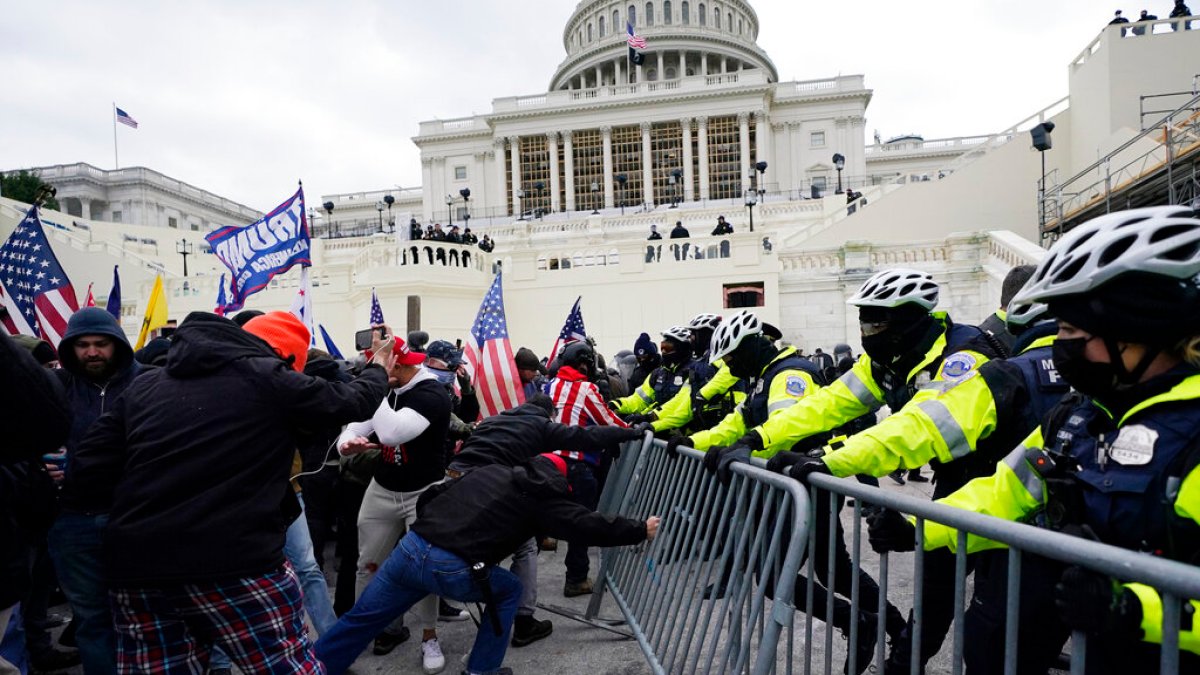President Donald Trump was inaugurated at the United States Capitol in Washington, DC, where a group of his supporters had caused chaos on January 6, 2021, during the previous presidential transition of power. Shortly after taking office, Trump pardoned approximately 1,500 of those supporters, halting the largest prosecution in the history of the US Department of Justice. This move led to the release of individuals seen attacking police officers and leaders of extremist groups who had plotted violent actions to prevent the peaceful transfer of power after Trump’s election defeat in 2020. The events of January 6, 2021, saw thousands of people storming the Capitol in an effort to disrupt the certification of the election results, fueled by Trump’s baseless claims of election fraud. The violence resulted in damage to the Capitol building, assaults on police officers, and concerns about the state of US democracy. Following an investigation, a congressional committee recommended criminal charges against Trump himself for his role in the attack. Trump’s recent pardons included prominent figures involved in the January 6 riots, such as leaders of the Proud Boys and Oath Keepers. While some individuals received full pardons, others had their sentences commuted, with their convictions remaining on record. The pardons drew mixed reactions, with Trump supporters praising the move while critics expressed concern about the message it sends to far-right groups and the potential for further political violence.

